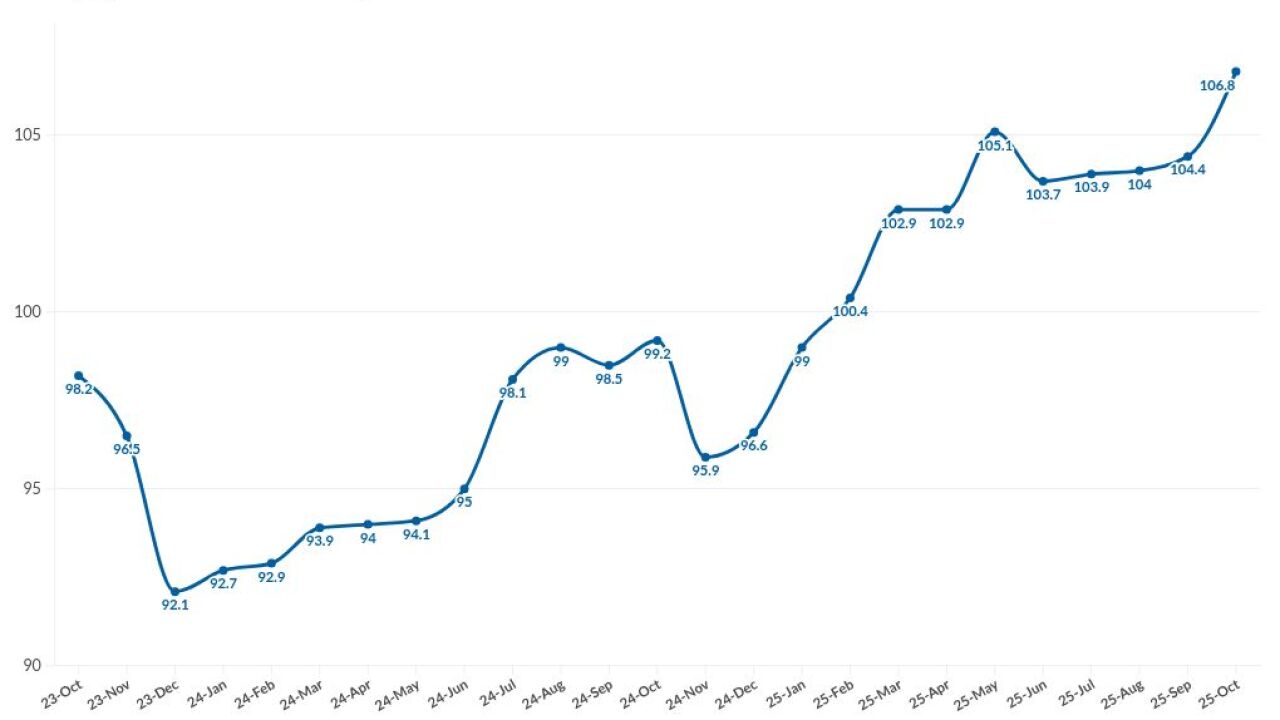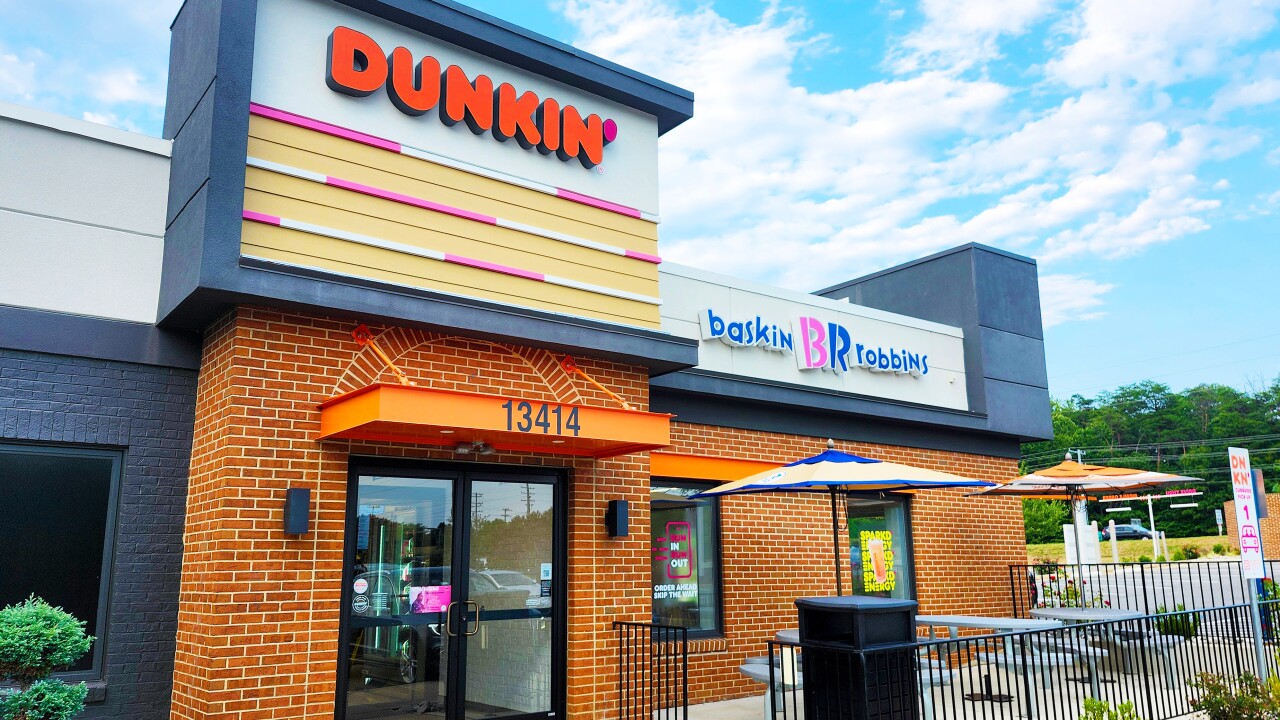CarMax’s recent prime auto-loan securitizations are performing better than expected, and that has allowed the used-car chain’s finance arm to lower funding costs in its next deal.
According to presale reports, the proposed CarMax Auto Owner Trust (CAOT) 2019-2 will have credit enhancement of just 7.35% on the senior notes, down from 7.9% for comparable notes in a deal completed in January. This reflects with improved loss trends being tracked in CarMax securitizations since 2017, which has helped spur S&P Global Ratings to project a lower loss expectation range of 2.15%-2.25% on the new deal, down from the 2.2%-2.3% range from CarMax’s previous five deals.
“We had increased our initial expected loss range, beginning with (CAOT) series 2018-1, to reflect increasing losses that we observed at the time,” S&P’s report stated. “But we now see improving loss trends on CarMax's securitizations and have accounted for that.”
CarMax joins a host of other prime issuers whose improving ABS performances have influenced lower loss projections from ratings agencies in recent deals, including Ford Motor Credit, GM Financial and
Fitch Ratings, which did not rate the previous CAOT 2019-1 deal, has expected net losses of 2.4% for the new deal sponsored by CarMax Financial Services, the in-house lending arm for the Richmond, Va.-based used-car superstore chain.
According to S&P, while the 2016 and early 2017 CAOT deals are experiencing higher-than-expected losses, it’s a trend similar to other peer issuers from the time period. The 2016 deals have cumulative net losses exceeding the pace of the initial loss range projection of 2.35%-2.7%, for example. But “while still early, the series 2017-3 and 2017-4 appear to be performing generally in line with our initial expected CNL range of 2.15%-2.25%,” S&P’s report stated.
CarMax is proposing two pools of bonds backed prime loans – either a $1.15 billion collateral pool or a $1.37 billion pool, if upsized when the deal is priced. CarMax has upsized each of its last seven securitizations at market pricing, dating back to July 2017.
CarMax is offering four tranches of triple-A rated notes, according to presale reports. The shorter-term Class A-2A and Class A-2B notes ($387 million or $459.5 million if upsized) due July 2022 will be split between fixed- and floating-rate tranches. A Class A-3 tranche with a five-year maturity is to be sized at either $361.53 million or $429.12 million, while $85.5 million or $101.64 million in Class A-4 notes due December 2024 will be issued as well.
Also included are the double-A rated, $32.3 million or $38.3 million in Class B subordinate notes tranche due 2024; $27.09 million or $32.2 million in Class C notes rated A by both agencies with a six-year tenor and a $19.6 million or $23.3 million Class D offering (BBB) maturing in October 2025, according to the presale reports issued Thursday.

The money-market tranche will be sized either at $237 million or $281 million, and carries a short-term F1+ rating from Fitch and A-1+ from S&P.
The pools include prime used-car and light-truck/SUV loans originated and services by CAF that credit-quality wise are consistent with recent CAOT issues, according to Fitch. The weighted average FICO is 707, with FICOs above 750 totaling 31.8% of the pool. The weighted average loan-to-value ratio is a conservative 94.7%, and the pool has a low concentration of passenger cars (44% of the initial receivables balance).
The pool includes 72,727 loans with an average principal balance of $15,582 with a WA APR of 8.5%. CarMax has also lowered the exposure to extended-term loans over 60 months to 61.6%, with the WA original terms of 66.2 months, with five months of seasoning.
CarMax Financial Services manages a retail auto-loan portfolio totaling $12.2 billion at year’s end 2018, up 7.6% from 2017. Delinquencies were up slightly last year at 3.61%, compared to 3.35% at year’s end 2017 and 3.25% in 2016. But net losses were stable at 1.01%, versus 1.02% in 2017 and 0.99% in 2016.
Recover rates have also been stable, with 48.44% in 2018, 48.4% in 2017 and 48.74% in 2016, another sign of improved ABS loss performance since the weaker-performing 2016 and early 2017 CarMax securitizations, according to Fitch.
RBC Capital Markets is underwriting the deal.





